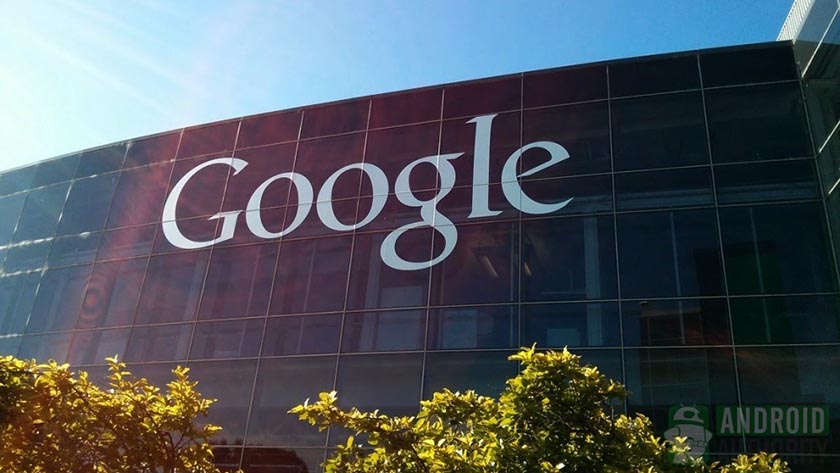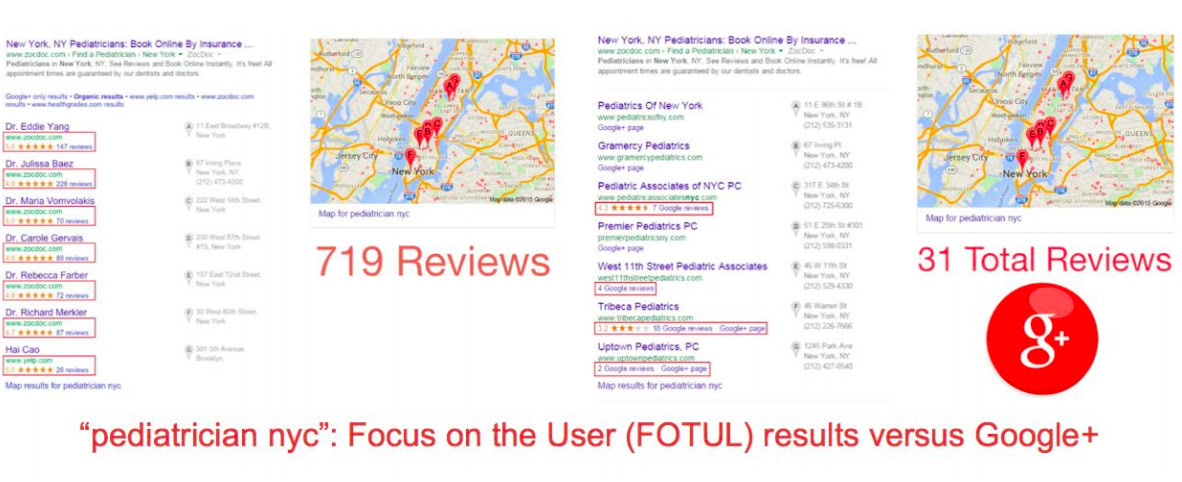Affiliate links on Android Authority may earn us a commission. Learn more.
Google reportedly manipulating search results - is that a bad thing?

Google’s motto “don’t be evil” can only do so much, due to the fact evilness is such a subjective matter. Google is a company of great power; it’s quite possibly the strongest presence on the internet, allowing it to shape and mold the web in many ways. Would they ever do so with bad intentions or selfish motives? A new study from Yelp and legal personality Tim Wu suggest so.
Without a doubt, Yelp is a competitor to Google, so we would keep a careful ear while listening to what they have to say. Tim Wu is a legal scholar and former FTC adviser, though, and he is known for supporting Google back in 2013, after an FTC investigation on the Search Giant’s possibly biased results. We have good reasons to believe he may be commenting objectively.

The problem with Google Search
The study at hand suggest Google is using its insanely popular search engine to control the market and hamper competitors. It’s said Google’s practices harm the consumer instead of offering them the best results possible.
For starters, Google has been offering answers to many questions without ever having to click through any links (search “2+2” to see an example), hence harming many websites across the internet. Furthermore, the study goes on to mention the inclusion of internally-focused factors in their algorithms. For example, the fact that Google+ content and reviews are much more likely to show up on a search query.

Yelp’s study involved using a plug-in that stripped Google Search of its OneBox (listings and map pairing). This plugin is said to offer choices that actually benefit the consumer, as opposed to trying to intentionally give you lesser results that would serve the Search Giant in a better way. It turns out the outcomes are insanely different. Yelp surveyed of 2690 people, who clicked the map for location details about 45% more when these extra factors weren’t taken into account. This serves as evidence that Google’s current system is flawed.
Search results without OneBox offer much more reviews and suggestions that actually focus on the consumer. On the other hand, Google presented users with results that would have just a few Google+ reviews. Many of them actually had none.

Is this a bad thing?
Well, we don’t like to think of our beloved Android creators as bad or selfish people, but ultimately this situation probably does harm the consumer in some ways. We also know these claims aren’t exactly lies. They do take into account Google+ content before other sources. Google gives priority to its own services… and what company wouldn’t?
It’s a tricky situation, as we don’t know if Google is exactly to blame here. Do regulations prohibit Google from competing against its challengers? There’s likely a lot of other factors Google considers, which Yelp’s plugin probably didn’t.

Furthermore, who doesn’t like those quick results? I know I don’t want to access a whole website when I am trying to calculate some math, or convert currency (I have used sites that offer incorrect information way too often). Google can be a very credible source, and their knowledge graph is simply stunning. Our favorite tech company could easily argue these tools are much better for the consumer, and to an extent I would definitely agree. Do you?